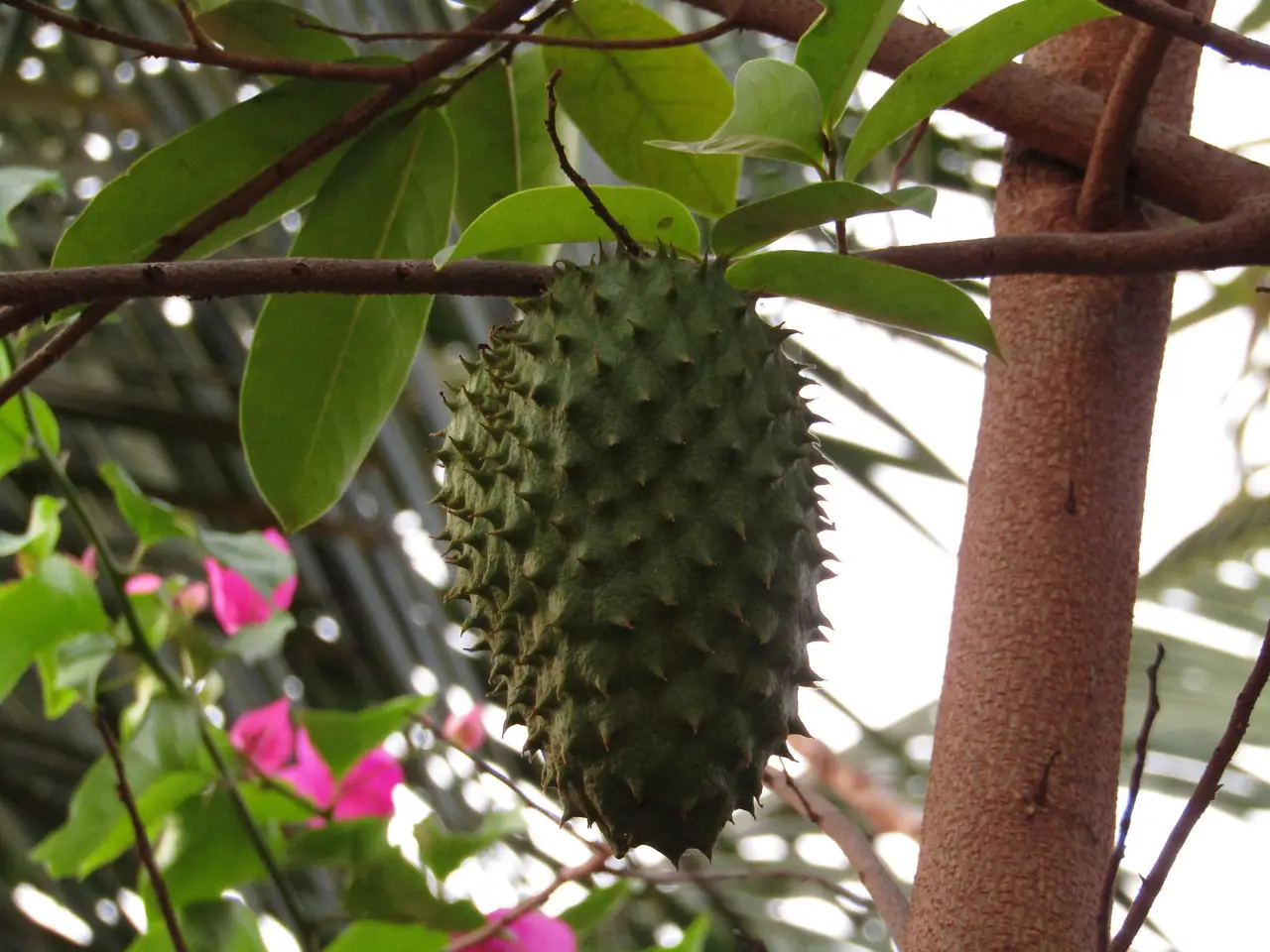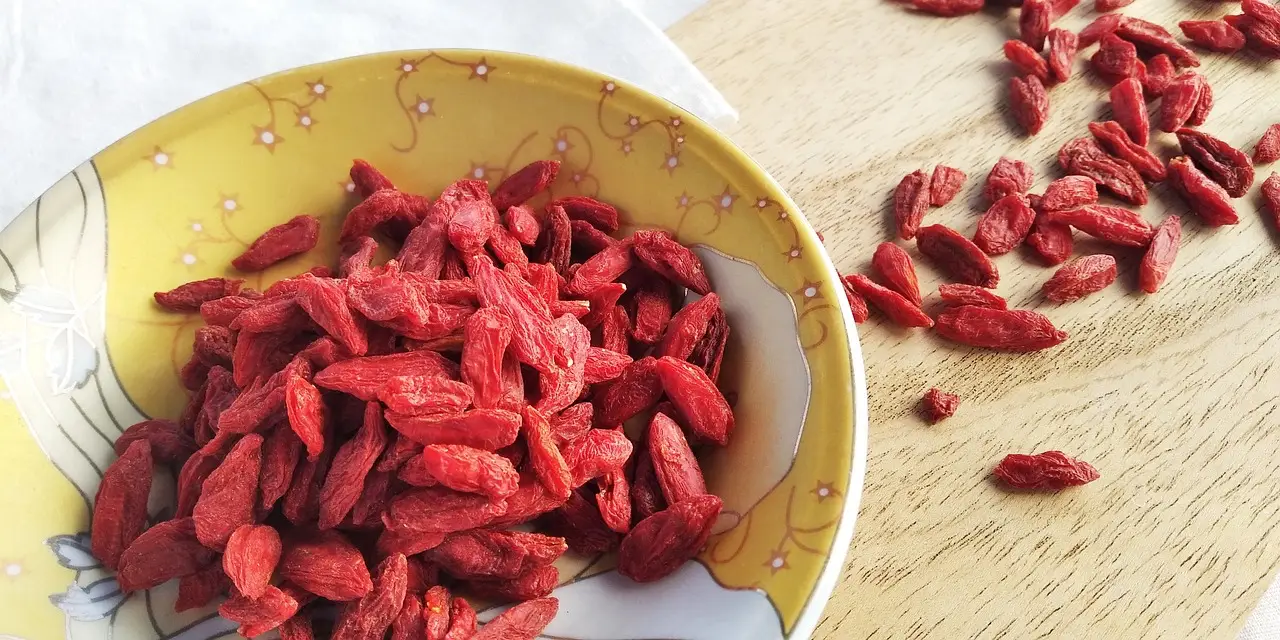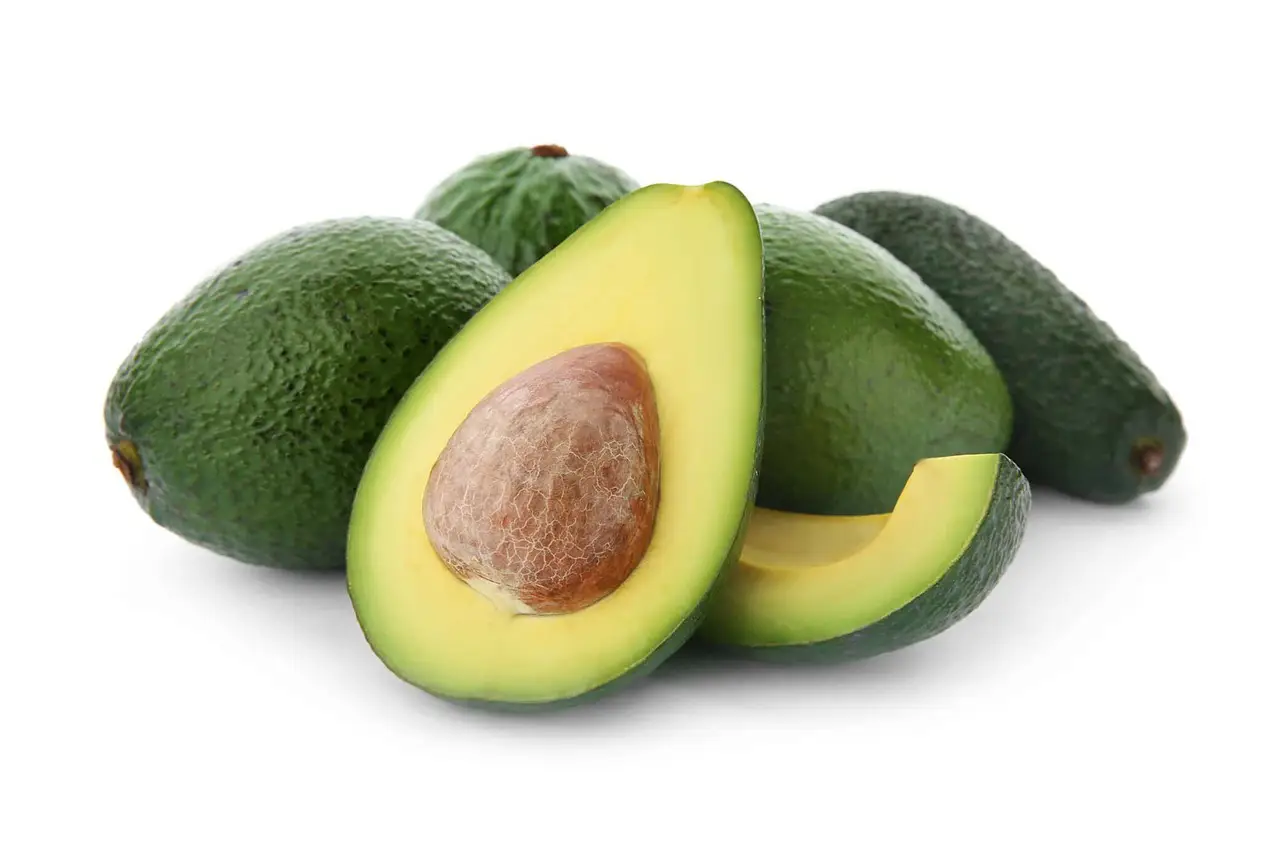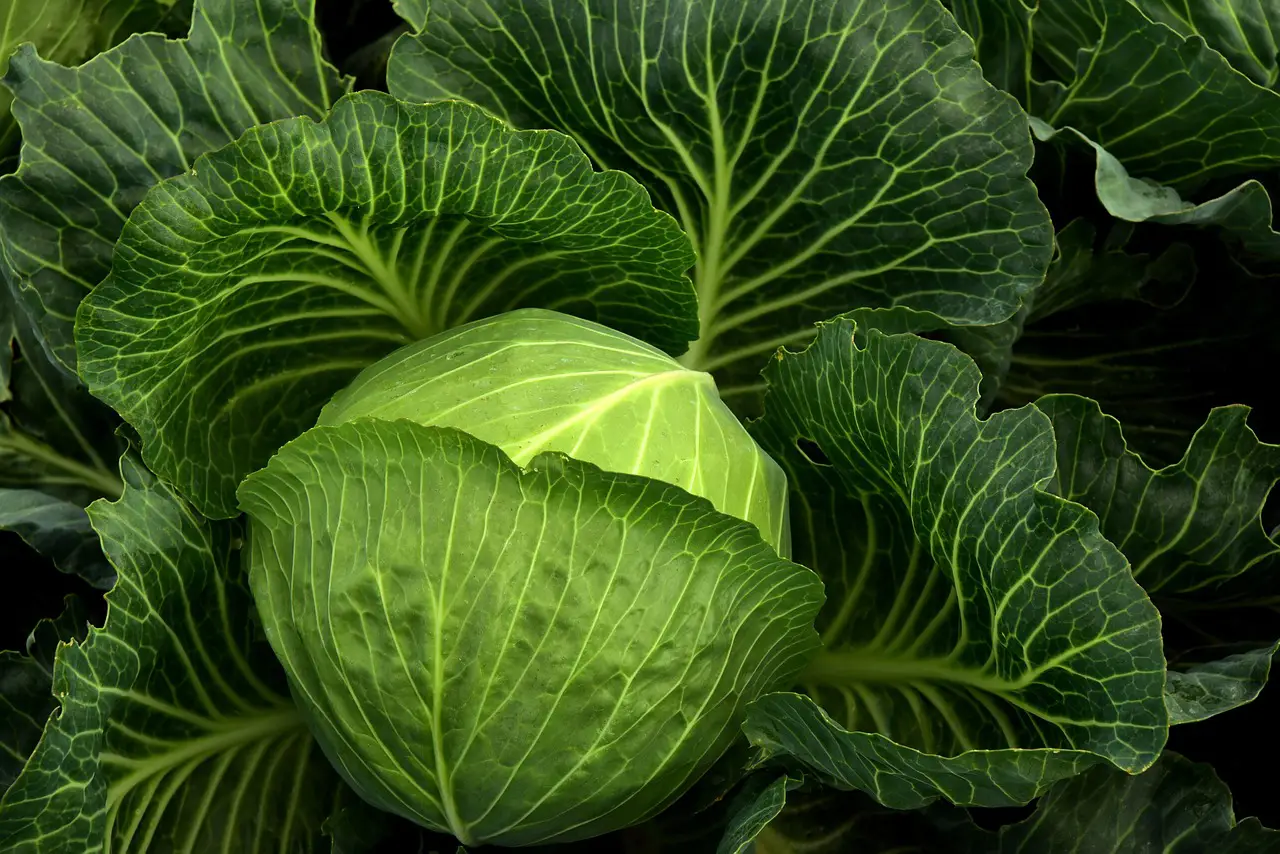This posting is part of Coupang Partners activity, and I receive a certain amount of commission accordingly.
Graviola is an evergreen shrub native to the tropical rainforests of Africa, South America, and Southeast Asia, reaching a height of about 9 meters. Its scientific name is Annona Muricata, and it is known by various names. Some of the most common names include custard apple, cherimoya, guanabana, soursop, and Brazilian pawpaw, and in Korea, it is also called “gashiyeji.” The reason this plant has gained attention is due to its pharmacological effects. The indigenous people of its native regions have used the leaves, seeds, and stems of this tree as medicinal resources, as it possesses a wide range of beneficial properties.

Graviola Benefits
The first use of graviola as a medicinal plant was by the indigenous people of the regions where the tree naturally grows. The plant was introduced to the West, gaining significant attention due to its various beneficial properties. The known benefits of graviola are as follows:
- Used for viral infections.
- Used for parasitic infections.
- Used for rheumatism and arthritis.
- Used for colds.
- Used for inflammation in the nose and throat.
- Used for treating herpes.
- Used for nerve relaxation.
- Used to induce vomiting in cases of poisoning.
- Used to aid in detoxification.
- Used to reduce fever.
- Used for treating depression.
- Used for hematuria.
- Used for urethritis.
- Used for treating leprosy.
- Used for treating diabetes.
- Used for cancer treatment.
Side Effects and Precautions
The recent attention on Graviola is due not to its long-standing traditional medicinal uses, but to the cancer-fighting effects revealed by modern research. Upon reviewing various domestic and international sources, evidence for Graviola’s anti-cancer properties can be found in studies by the National Cancer Institute (NCI) of the National Institutes of Health (NIH) and researchers from Purdue University in Indiana, USA.
In 1976, the American Cancer Center discovered anti-cancer compounds in Graviola leaves, and in 1997, Purdue University researchers began formal studies on its anti-cancer effects based on this finding. However, it is premature to definitively categorize Graviola as a cancer treatment. These studies were conducted in laboratory settings, and human studies have yet to be done. Jerry McLaughlin, a researcher at Purdue University, confirmed the presence of anti-cancer compounds in Graviola trees but emphasized that animal trials would need to be conducted first before it could be established for human use.
While internationally reliable research has confirmed the presence of anti-cancer compounds in Graviola, the exact effectiveness is still unclear, and further research is needed. Additionally, these studies raise concerns about side effects, including the possibility that the alkaloid compounds in Graviola could cause brain damage and behavioral disorders similar to Parkinson’s disease. International sources emphasize these side effects and warn about the risks of consuming Graviola. In 2002, the journal Movement Disorders pointed out that the incidence of Parkinson’s disease in the West Indies may be linked to Graviola consumption. This highlights the critical warning that serious side effects must be considered before pursuing Graviola’s potential anti-cancer effects.
Recommended Dosage
According to foreign sources, the best approach when using Graviola is to always consult a doctor. This serves as a warning to be cautious when using it.
Additionally, the exact dosage of Graviola has not yet been clearly established. However, one company selling Graviola extract provides a vague guideline, recommending “taking one 500 mg capsule with dinner a few times a week.” This implies the need for careful attention.
Most sources warn against the use of Graviola for individuals with Parkinson’s disease or other behavioral disorders, as it may worsen their symptoms. Pregnant and breastfeeding women are also advised to avoid this product.



Leave a Comment